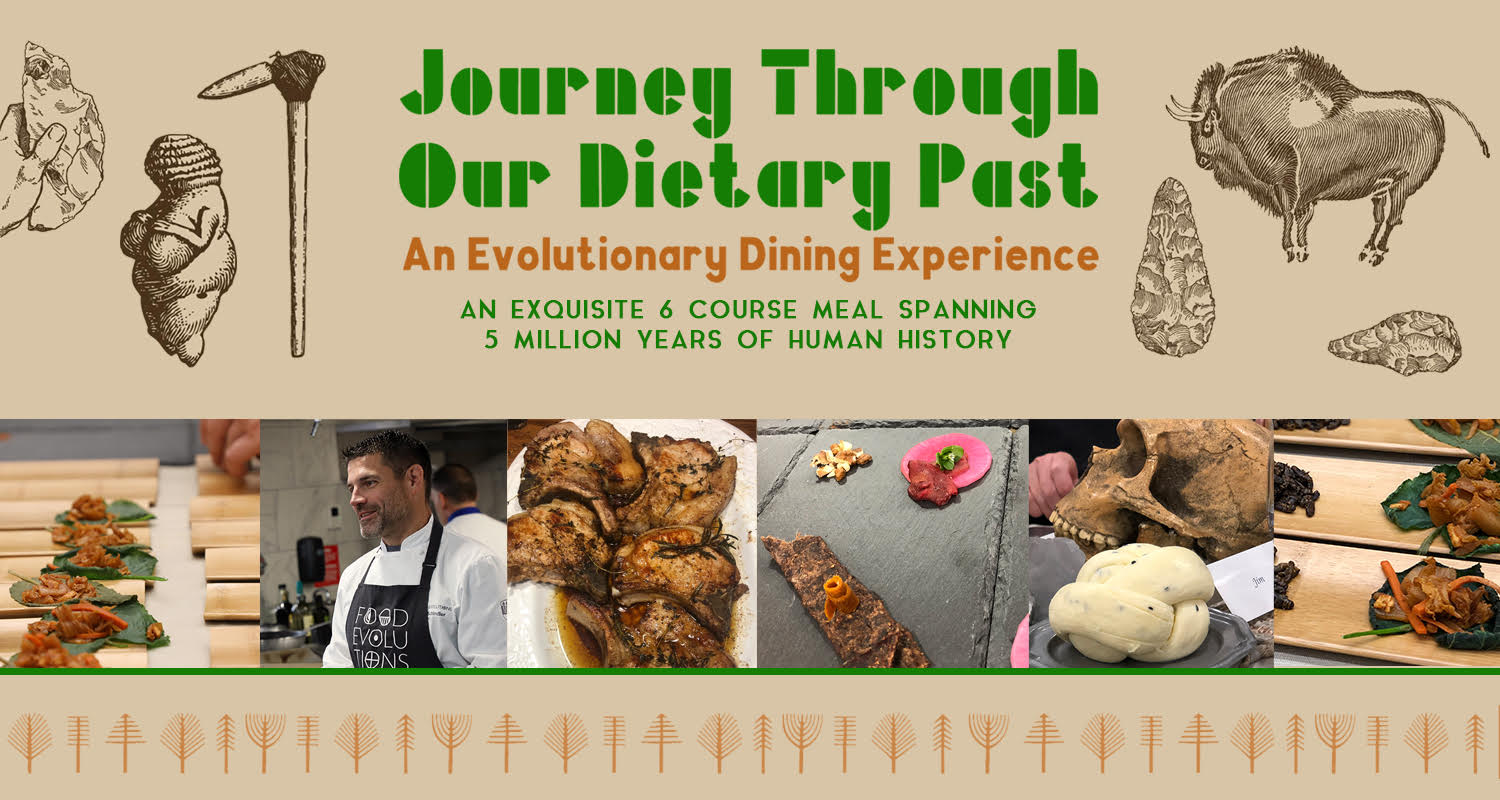In person events are now resuming! I had a great place in mind, but unfortunately, it has permanently closed. If anyone has a large space and would like to host, knows someone who does, or would just like to attend, please let me know. Like many past events, there is no set date yet.
This event will focus on ancestral eating, an idea I have learned quite a bit about over the past year due to a desire to improve my diet and lifestyle. I credit each of these podcasts that I want to share with each of you:
Food Lies
https://www.youtube.com/channel/UC7Hxh2arR-Eh_ijFFJfoRKQ
Peak Human
https://www.peak-human.com/
Sapien
https://podcasts.apple.com/us/podcast/sapien-podcast-optimum-health-wellness/id1475571111
Carnivore MD
https://carnivoremd.com/podcast/
I was also inspired by Dr. Bill Schindler who recently held this unique ancestral dinner:
Journey Through Our Dietary Past: An Evolutionary Dining Experience
https://eatlikeahuman.com/product/journey-through-our-dietary-past-an-evolutionary-dining-experience/
It including these six themes:
- Gatherer
Early Pliocene | 5 mya - Scavenger Gatherer
Late Pliocene | 3.5 mya - Hunter Gatherer
Early Paleolithic | 2.0 mya - Food Producer
Neolithic Revolution | 15,000 years ago - Food Consumer
Industrial Revolution to Present | 1700s – Present - Eat Like a Human/Sapien Approach
Future of Food
Many people often ask what we are supposed to eat, but Dr. Schindler suggested we instead focus on the question: “How should we eat?”, how we are not designed to eat the same foods as other animals, what foods nourish and satiate us, how ancestral eating required the use of all of our senses, and how the modern industrial food system stripped this power from us. So this got me thinking more about the connection we have to our food and how it could be fun to create a similar type of dining experience. It may not be as intricately planned, but it could still be pretty cool.
If you’re wondering what an ancestral consists of, I’m referring to what people ate before modern agriculture, meaning that it will be animal-based. As I’ve delved deeper into what an ancestrally consistent diet entails, I’ve learned what a wide variety of animal foods we’ve actually eaten beyond what we normally consume including:
Organ meats like liver, kidney, pancreas, and spleen
Bones (I use them to make bone broth and meat stock)
Tendons
Cheeks
Oxtail
Beef suet
Elk
Wild boar (consuming wild boar is great for the environment due to the damage they cause)
Even blood!
Ok, I probably won’t be incorporating blood into the dinner, but the regenerative farms I’ve mentioned in previous posts have each of these other less conventional animal foods. If you like eating animal foods, but aren’t feeling very adventurous, don’t worry since there are plenty of other ancestrally consistent foods I can incorporate including muscle meats, eggs, seafood (I prefer wild salmon and sardines since they are less contaminated), raw honey, and fruits like avocados, dates, squash (yes, this is a fruit!), and berries.
And while we didn’t consume non-pasteurized dairy (https://www.farmmatch.com is a great resource if you want this kind of dairy) and grains before the beginning of modern agriculture, because some argue we have evolved to eat these foods, I may include them too – namely sprouted and fermented grains from Dr. Schindler’s family bakery.
He gave a great talk that goes into more detail:
Discussing Experimental Archaelogy, Ancestral Diets, and Modern Health
https://www.youtube.com/watch?v=_jwTRrAp2mU
And Mary Ruddick shares some fascinating insights about her visit with one of the few remaining hunter gatherer tribes and how their diet and lifestyle promote optimal health:
The Maasai of Tanzania: What We Learned From Our Time With Them
https://www.youtube.com/watch?v=AQd7Qex0ATI
On another note, I recently hosted a discussion focused on mental health and plan to host additional discussions on this topic, so let me know if you would like to take part.